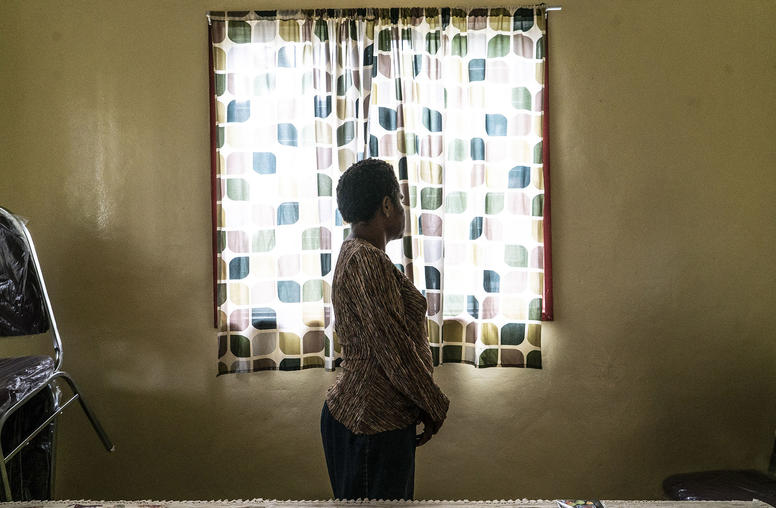Gender Inclusive Framework and Theory (Dari)
A Guide for Turning Theory into Practice
چهارچوب و تئوری فراگیر جنسیت
رهنمودی برای تبدیل کردن تئوری به عمل
رهنمود تئوری و چهارچوب فراگیر جنسیت(GIFT) ابزارقابل دسترس و کامل است که ادغام تحلیل جنسیت را در طراحی پروژه تسهیل میکند. از آنجا که کار با تامین صلح به وضعیت و شرایط وابسته است، رهنمود تئوری و چهارچوب فراگیر جنسیت، سه رویکرد برای تحلیل جنسیت را ارائه میدهد—رویکرد زنان، صلح و امنیت؛ رویکرد مردگرایی صلح آمیز و رویکرد رابطه هویت های جنسیتی – که هر رویکرد محرکه های جنسیت را در یک محیط معین توضیح میدهد تا پروژه های تامین صلح به شکل بهتری طرح و تطبیق گردند.
قدمه: طراحی پروژه های فراگیر جنسیت
منازعه خشونت آمیز جوامع را دچار آشوب نموده و اغلباً جوامع را دو قطبی می نماید—این امر ساختارهای اجتماعی، به ویژه نقش زنان و مردان و روابط بین آنها را متأثر میسازد. در محیط های شکننده و متأثر از منازعه، فعالین عرصه تامین صلح باید به عوامل و پیامد های جوامع خشونت گرا و از هم گسسته بپردازند. سوق دادن روزافزون مردان جوان به نظامی یکی از این عوامل است و خشونت جنسی گسترده همه افراد جامعه را متأثر می نماید، حتی پس از توقف خشونت. با این حال، هنوز هم تجزیه و تحلیل جنسیتی در پروژه هایی که با هدف جلوگیری یا کاستن از آثار منازعه طراحی میشوند، نادیده گرفته میشود. طراحی فراگیر جنسیت پروژه ها جهت طرح بهترین رویکردها برای جلوگیری ازبروز منازعات خشونت آمیز و حفظ صلح ضروری است—این مسأله یک امر ثانوی نیست و نباید همانند یک موضوع ثانوی باشد. 1چهارچوب و تئوری فراگیر جنسیت (GIFT) یک رویکرد ساده، اما بسیار دقیق برای ادغام تحلیل جنسیتی در طراحی پروژه است.
چهارچوب و تئوری فراگیر جنسیت موارد زیر را احتوا می کند:
- جنسیت را تعریف می کند؛
- رابطه بین جنسیت و عوامل بالقوه منازعه و اهمیت آن را در تامین صلح شرح می دهد؛
- تئوری تغییر و چهارچوب تحلیلی را برای شمولیت جنسیت بررسی می کند؛ و
- رهنمودهای مشخصی را در رابطه با ادغام جنسیت در طراحی پروژه ارائه می نماید.



